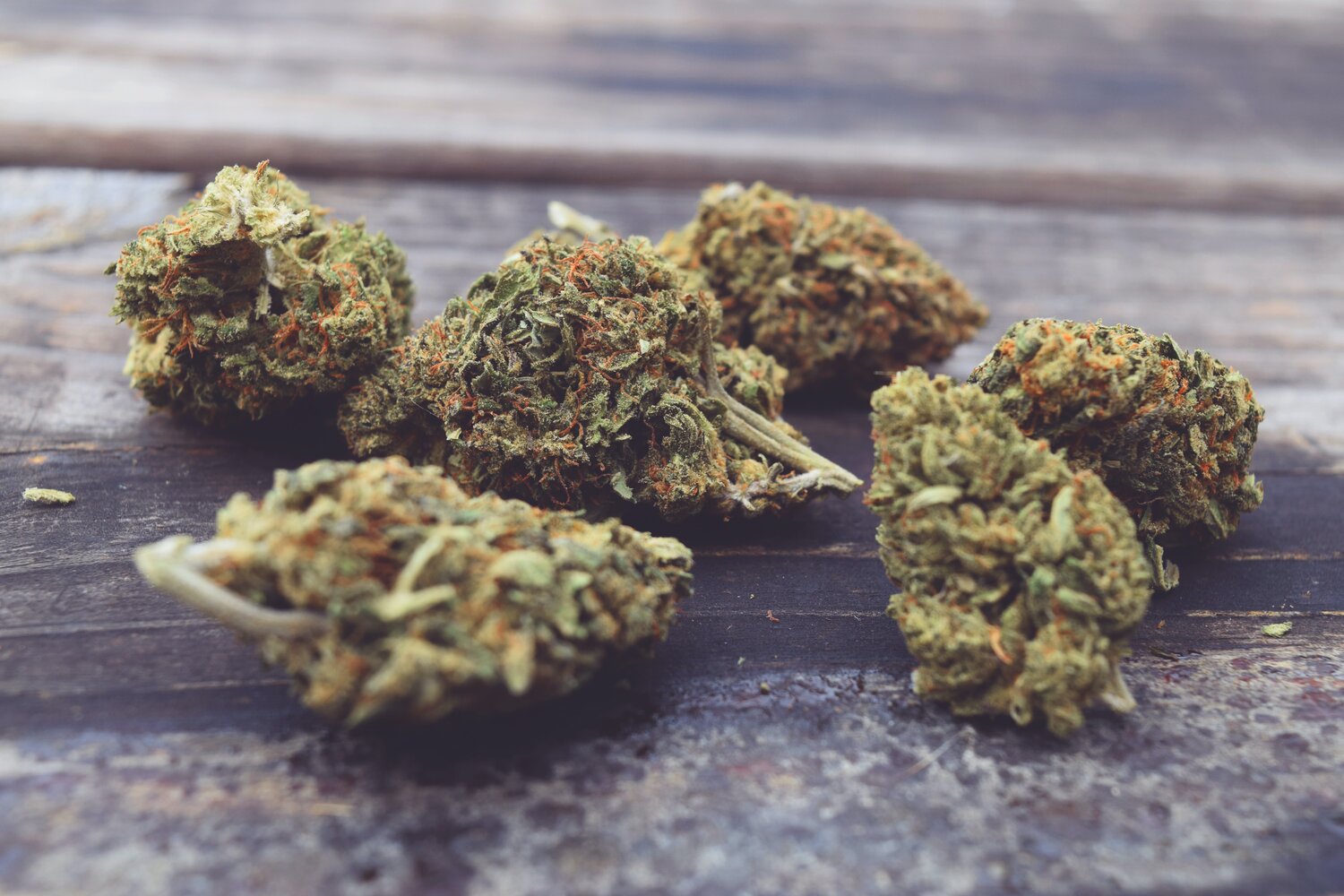Democrats poised to approve recreational marijuana in New York

As the legislature returns to Albany next week, Democrats are poised to approve recreational marijuana in New York, after working towards legalization for the past two years.
Photo source: Unsplash
Democrats took control of the state Legislature, but haven’t agreed on certain aspects of the law, which has made negotiations far more complicated.
The coronavirus pandemic also played a huge part in delaying marijuana laws further.
The biggest concern on the table is how the state will use the tax revenue from the marijuana market. It’s expected that pot might bring in up to $300 million per year once the program is established.
The Marijuana Regulation and Taxation Act is backed by Democrats leading negotiations for marijuana legislation. The bill would require that half of the marijuana market’s revenue be invested in communities most vulnerable to drug law enforcement.
Lobbyists feel strongly that marijuana revenue should be used for social justice purposes. It’s no secret that people of color have historically been arrested more for possession of pot than white people in New York, as state data reveals.
The Marijuana Regulation and Taxation Act would create a special fund destined to award grants for community-based nonprofit organizations and local government entities that support them. Most Democrats agree on this, but can’t seem to get there yet.
A competing bill by Gov. Andrew Cuomo came out last year called the Cannabis Regulation and Taxation Act. Its only difference with the MRTA would be the lack of funding for communities affected by marijuana laws.
The CRTA would distribute grants to community-based organizations, but no amount of funding from marijuana revenue would be used for that.
Tax revenue is the main point of disagreement in the state Senate. The state Senate began to ponder weed legalization last year when Democrats took over for the first time in 10 years.
However, they couldn’t get enough votes to pass the bill, and then, the COVID-19 pandemic made it significantly harder.
Some changes were made. They agreed to decriminalize weed in small amounts, it’s no longer a criminal offense to have less than two ounces in New York but you can still get fined.
Some companies that want to get into the recreational marijuana market in New York hope the criminal justice aspect of legalization stays for the long-term.
Just next door, New Jersey legalized weed in the Nov. 3rd election by a ballot measure, just as other states – even smaller than New York – also joined the party.
Gov. Cuomo has pushed for the legalization of weed, especially with the predicted $15 billion budget deficit the state faces thanks to the pandemic. He also pushed for comprehensive relief packages to foot the bill for state and local governments.
In this scenario, marijuana is poised to be one of the new measures the state takes to raise revenue and help to close the gap. However, the predicted $300 million in revenue would barely make a difference on that deficit.
The percentage of tax on weed is a delicate matter. Taxing too high could encourage people turn to the black market, and taxing too low would not bring in enough revenue.
Gov. Cuomo’s bill proposes a 20 percent tax for consumers at the point of sale for weed. The MRTA would tax 18 percent for consumers.
Medical marijuana, however, has been legal in NY for 5 years. Only 10 companies have licenses to sell and each company can have four dispensaries. Well over 133,000 patients were enrolled in the program.
